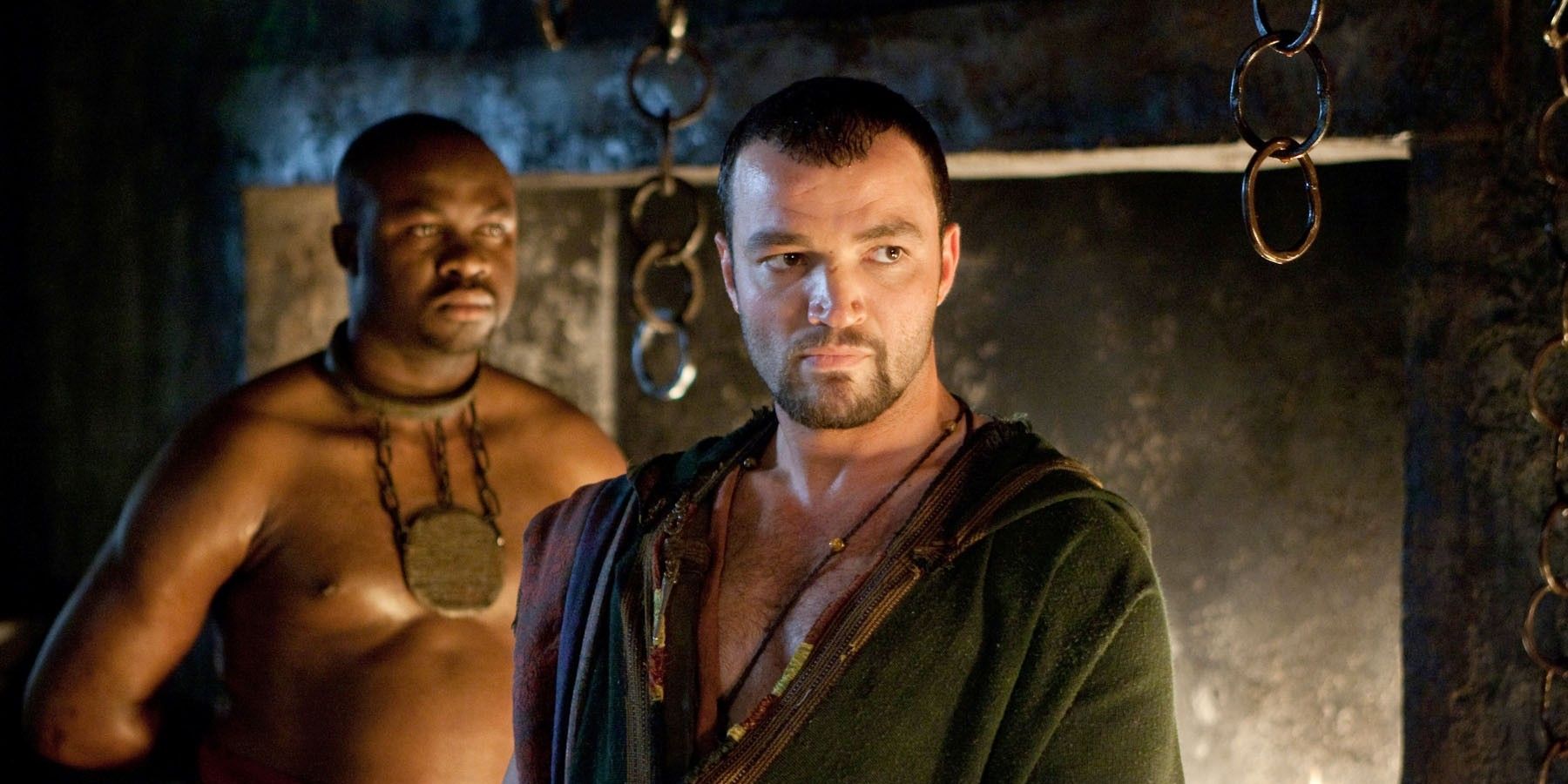“Chosen,” the final episode of the Buffy the Vampire Slayer TV series, showed Willow changing the lives of thousands of women in a way that needlessly created an avoidable consent issue that has only become more obvious in retrospect. Within the Buffyverse, there were thousands of potential slayers, but lore said that only one can be active at a time, with Faith and Kendra being rare exceptions. In the finale, Willow upended this whole paradigm by casting a spell that activated all the potential slayers in the world at once.
The Scooby Gang gathered together a relatively small group of potential slayers in their efforts to defeat the latest apocalyptic Big Bad (the First Evil), but it became apparent that they would need a boost to help stave off the apocalypse. While Buffy and her companions stared at a massive force of Ubervamps (Turok-Han) pouring from the Hellmouth, Willow used the Slayer Scythe to amplify her previously well-established, near-limitless magic to give them enough strength to hold off the invasion until Spike can eventually save the day.
This created a point of controversy, except for the few lucky enough to be in the room when Buffy laid out the plan, as these newly activated slayers had no idea what was happening and no ability to consent to their lives being fundamentally altered by Alyson Hannigan’s Willow. However, it did not need to be that way. Willow was able to reach all the potential slayers around the world and had demonstrated to be a gifted telepath, capable of regularly holding two-way conversations with people over great distances. Her extreme telepathic powers could have provided writers an easy way to sidestep this consent issue.

While superpowers might not seem like something anyone would object to or need to consent to, they come with an expectation to fight against evil. Buffy frequently bemoaned the weight that being the slayer places on her, noting it was a burden that she did not ask for, as does Faith. Additionally, Willow was perpetuating a long-standing issue of the slayer powers being given without consent. Every slayer had the power and responsibility unexpectedly thrust upon her. Still, it was more overt with the first slayer, who was literally chained up as the Shadowmen imbued her with a demonic entity against her will.
As the finale framed the activation scene as an empowerment of women and the taking back of power that had been controlled by men, it seemed strange that Willow would not have used her telepathy to ensure that message remained intact. A simple scene showing Willow offering the powers and the new slayers accepting them could have provided a powerful message about consent and power. Willow not thinking to do this also undercut previous character-building around consent and magic that centered on her relationship with Tara in the season 6 episode “Tabula Rasa.” It also suggested that she never truly learned that lesson.
These issues are highlighted by the fact that Buffy’s creator, Joss Whedon, has faced his own controversy relating to issues of his abuse of power and “unprofessional” behavior in the real world. So, while it is arguable that a specific request for consent or the extended conversation needed to provide enough information for informed consent might have been infeasible, Willow should have at least had the chance to warn them. Buffy the Vampire Slayer was always happy to show Willow’s power as almost limitless, so it would not have been a stretch to include her telling them first.





